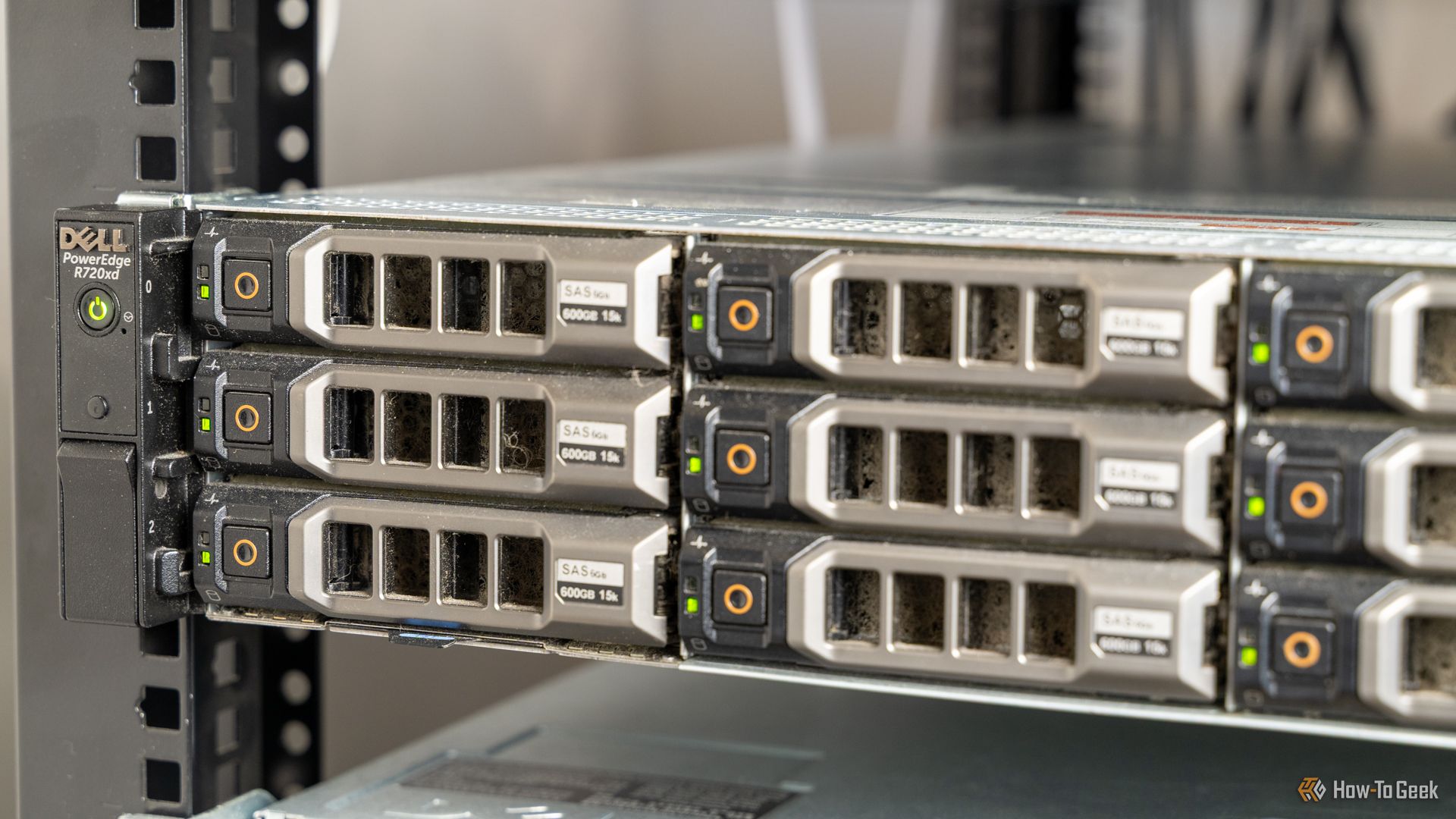Enab Baladi – Ras al-Ain
In light of deteriorating economic and living realities, mobile phone users in Ras al-Ain, northwest of al-Hasakah, are opting for options that fit their financial status, especially since daily wages for workers in the region range between 80,000 and 100,000 Syrian pounds (approximately $7) per day.
According to phone shop owners in Ras al-Ain interviewed by Enab Baladi, there is a growing demand for smartphones from the Chinese brand “Infinix,” and these devices have begun to occupy space on store shelves due to their reasonable prices and performance quality that meets user demands.
Starting from $70
According to Enab Baladi’s correspondent, Infinix devices fall into the “Smart” category, which is economic, including the “Smart 7” phone priced at $70 (1.1 million Syrian pounds) and the “Infinix Smart” priced at $90.
There is the “Infinix-hot” category, with the “Hot 20” priced at $125 (1.9 million Syrian pounds) and the “Hot 30” at $130, while the “Hot 50” is priced at $155.
In the “Note” category, the “Note 30” (with 256 GB capacity) is priced at $150, and the “Note 40” at $225.
These trending devices are the cheapest compared to other brands, with acceptable features, according to several users interviewed by Enab Baladi, including the young man Foad al-Najm, who found their prices lower than the Samsung devices he previously preferred. al-Najm mentioned that he managed to get a good phone from Infinix for the same price he used to buy a mid-range Samsung phone.
Another young man, Karim al-Mikdad, who resides in Ras al-Ain, bought the “Infinix GT 20 Pro” at $240 (about 3.7 million Syrian pounds) to pursue his hobby of electronic gaming, after failing to find a device from other brands that suited his budget.
Al-Mikdad noted that jailbreaking the phone is easier compared to competing brands, which makes many people prefer them, given the ease of registering the phone on the Turkish network in an “unofficial” manner, by circumventing its basic identifier “IMEI” (International Mobile Equipment Identity).
Suitability for capabilities
The buying and selling activity in electronic device shops has recently surged, in contrast to the beginning of this year, when mobile phone prices dropped, accompanied by a decline in demand and purchases, despite the offers presented by shop owners. According to sellers at that time, the market remained “static and paralyzed,” with the cheapest devices then being around $86.
Kamal Malik, the owner of a wholesale phone store in Tal Abyad and Ras al-Ain, told Enab Baladi that most sales are currently directed towards Infinix phones as they suit all segments of society. He added that the company has relied primarily on Infinix sales for three years.
He noted that other devices, such as Samsung, iPhone, and Xiaomi, no longer hold a significant market share due to their high prices, which makes them difficult to sell in shops.
He explained that the residents of Ras al-Ain always tend to choose the least expensive option, especially under the difficult financial conditions.
For his part, Shaaban al-Ahmad, a phone repair shop owner, said that one of the main reasons for the community’s preference for Infinix devices is the low cost of repairs compared to other devices.
He added to Enab Baladi that the cost of replacing an average Infinix phone screen does not exceed $35, while a Samsung screen costs about $90.
Another reason is the large battery size, where the smallest phone batteries start from 5000 mAh, and the replacement cost is less than $9.
He pointed out that one of the biggest issues with Infinix phones is the frequent processor faults and poor charging port quality, which makes them cheaper than other companies.
The decision to buy any product and the demand for it in Ras al-Ain is linked to the economic status of the residents and the yield from agricultural production in the region, where most of the approximately 115,000 residents work in agriculture and livestock breeding.
Residents rely on private companies to access the internet, bringing the network from Turkey and distributing it to the city center, which is lacking in most villages of Ras al-Ain, or from Turkish communication networks, which are also weak.


